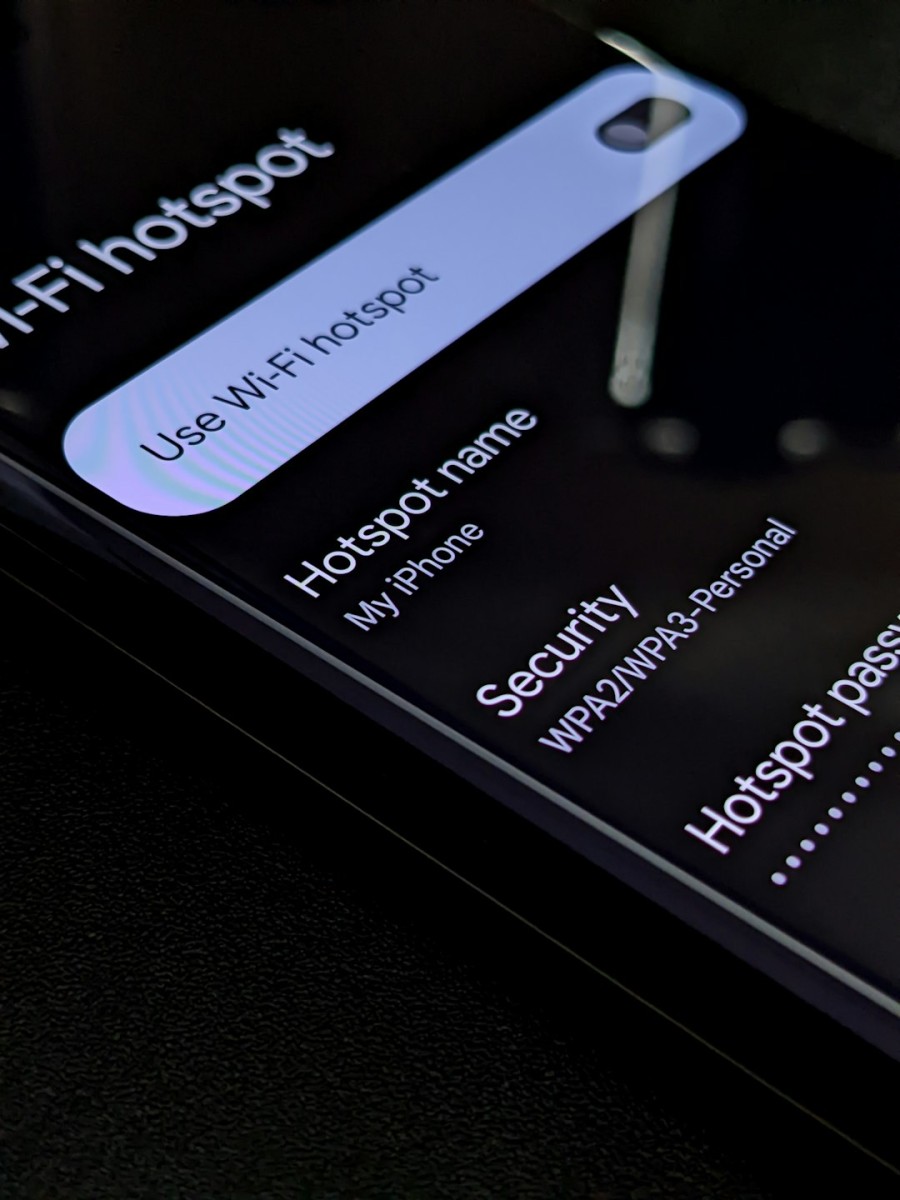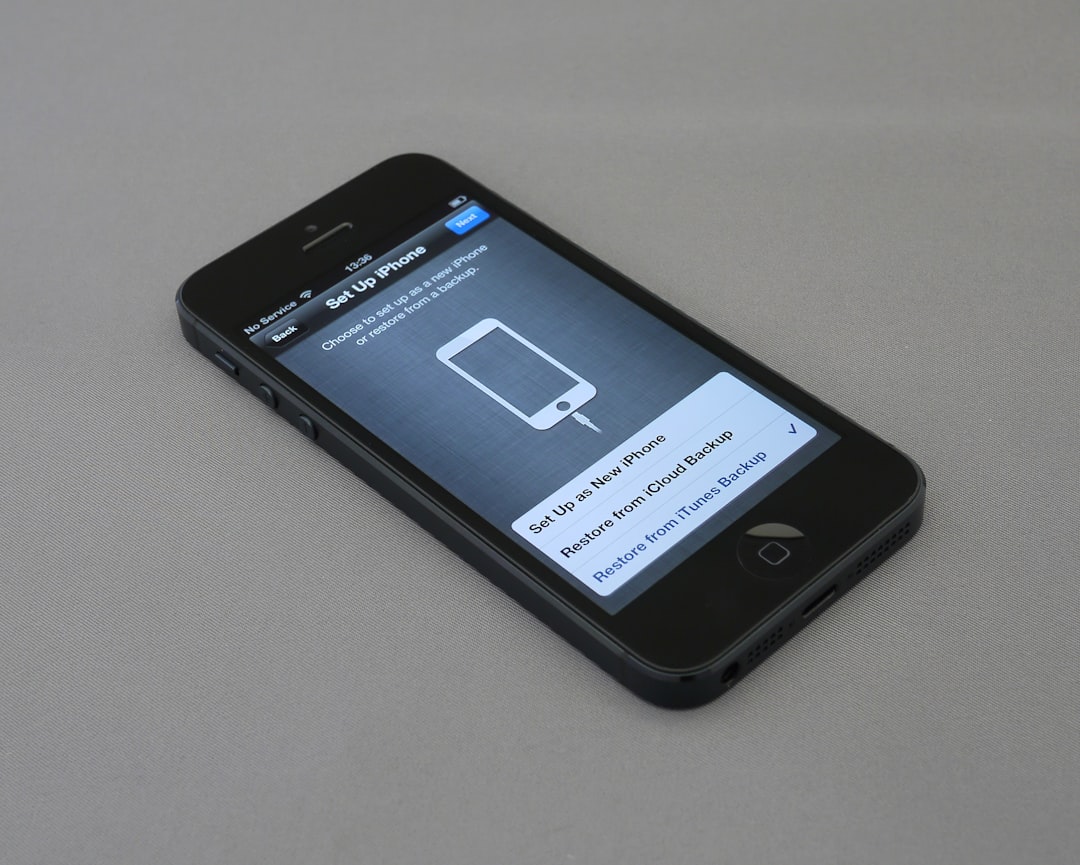Is hotspot shield free VPN really free?
In an age where online privacy is becoming increasingly important, virtual private networks (VPNs) have emerged as essential tools for protecting personal information on the internet. One of the well-known names in the VPN space is Hotspot Shield. It’s often advertised as a free VPN option, leading many users to wonder: Is Hotspot Shield Free VPN really free? Let’s explore what “free” truly means in this case and whether the service delivers on its promise without hidden costs or trade-offs.
What is Hotspot Shield?
Hotspot Shield is a VPN service developed by Pango Inc. that aims to create a secure and private connection for internet users. It does this by encrypting your internet traffic and masking your IP address, making it more difficult for hackers, ISPs, and governments to monitor your online activity.
The platform offers both free and premium tiers. While the free version draws in many users, it is important to evaluate what the free plan actually provides — and what it withholds.
What Does the Free Plan Include?
According to Hotspot Shield’s official documentation, the free version comes with these primary features:
- Access to one virtual server location – Usually within the United States.
- Data limit of 500MB per day – That totals to about 15GB per month, which may not be sufficient for video streaming or large downloads.
- Ad-supported interface – Users may see advertisements while using the VPN.
- Limited device compatibility – The free version can be used only on one device per account.

For everyday browsing or checking emails on public Wi-Fi, the free tier might be enough. However, for more intensive tasks like streaming high-definition videos or securing multiple devices, the limitations become apparent quickly.
Monetization Strategy: How Do They Offer It For Free?
VPN services cost money to operate—servers, bandwidth, maintenance, and support are far from free. So how does Hotspot Shield manage to provide a functional VPN service at no cost to the user?
The answer lies in its business model. Hotspot Shield uses the free version as a gateway to encourage users to upgrade to their premium services. Additionally, like many free applications, the company may display ads or partner with third-party advertisers to generate revenue.
According to Hotspot Shield’s privacy policy, the company claims not to log browsing activities or online behavior. However, limited metadata such as device identifiers and approximate location may be collected for service optimization and performance monitoring.
Free vs. Premium: Key Differences
The distinction between Hotspot Shield’s free and premium plans is significant. Here are the primary differences:
- Data Limit: 500MB/day on the free plan vs. unlimited data on the premium plan.
- Server Locations: One server location (U.S.) vs. access to 80+ countries.
- Connection Speed: Lower speed with ads on the free plan vs. optimal speed with Catapult Hydra protocol on premium.
- Support: No customer support on free plan vs. 24/7 support for premium users.
- Additional Features: Only the premium tiers offer malware protection, tracker blocking and access to torrent capabilities.

Is the Free VPN Truly Worth It?
Technically speaking, yes—Hotspot Shield’s free VPN does not require payment, credit cards, or trials. It can be downloaded and used instantly at no cost. However, this “free” access comes with trade-offs that users should consider:
- Limited Data Usage – 500MB a day adds up quickly, especially if used for anything beyond basic browsing.
- Advertisements – The user experience may be interrupted by ads, which some find intrusive.
- Lack of Server Choice – The free version funnels all traffic through one location, potentially slowing down connection speeds.
- No Premium Security Features – Advanced protections like malware blocking are reserved for paying customers.
Conclusion
Hotspot Shield’s free VPN is genuinely free in the financial sense, making it an attractive option for casual users or those looking to experiment with VPN technology. However, the limitations in speed, data, and features mean it’s not suitable for more serious or long-term use.
For those who prioritize consistent, high-speed browsing, international server access, and top-tier security, upgrading to the premium plan might be a worthwhile investment. Still, for users who just occasionally need a quick layer of privacy on public Wi-Fi, the free plan can serve its purpose — just with some caution and understanding of its boundaries.

Always remember, when it comes to free digital services, the absence of a price tag may mean you’re paying with something else—be it your time, data, or user experience. Use VPNs wisely and choose providers that maintain transparent privacy practices.



